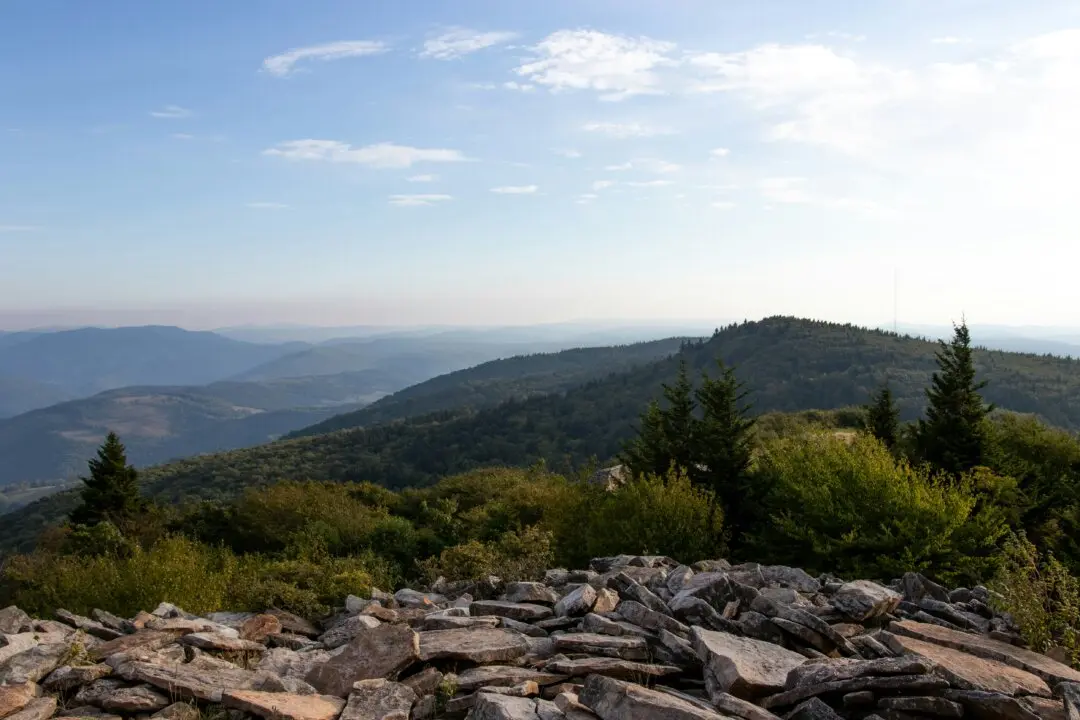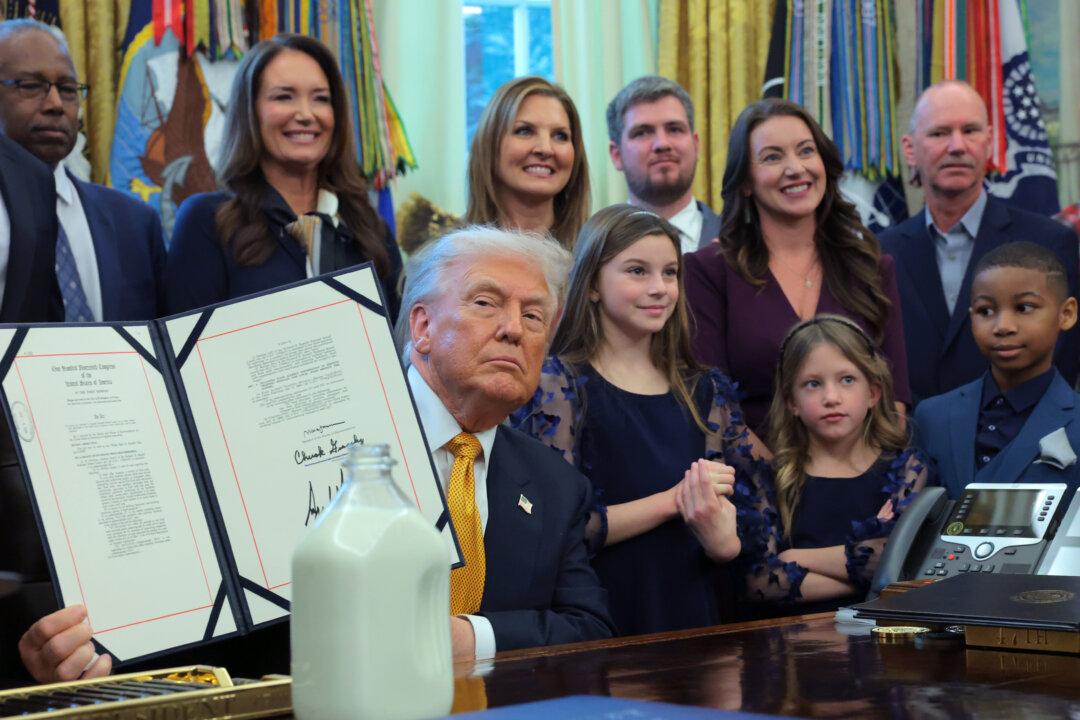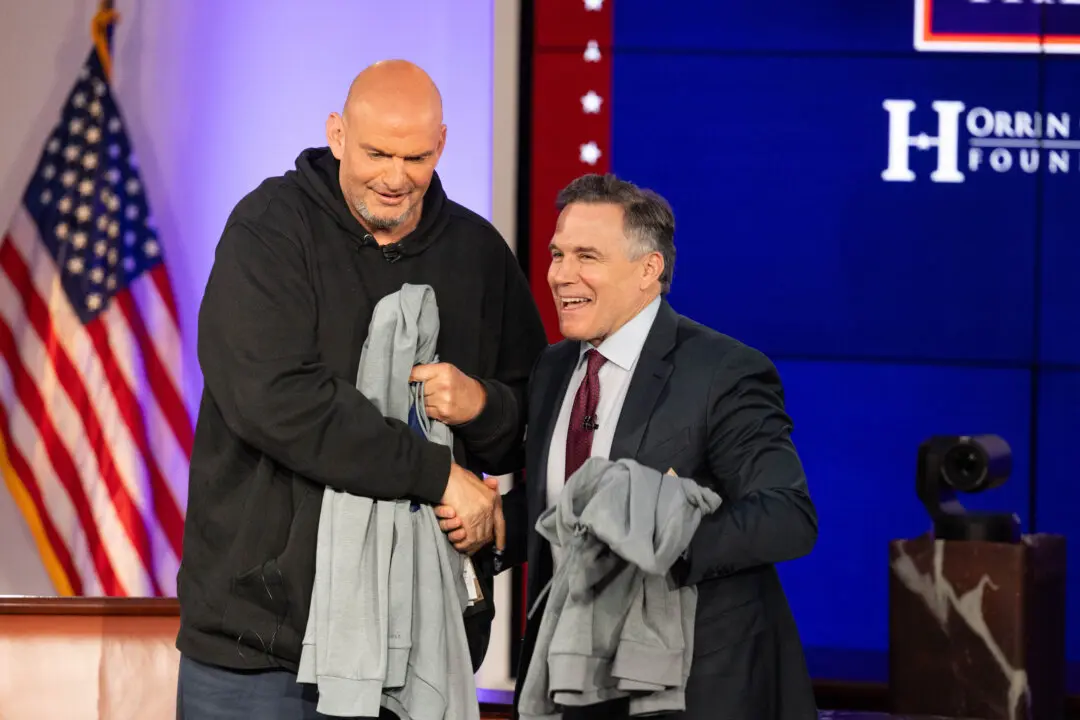Commentary
PITTSBURGH—When the Hampton Battery was dedicated in Pittsburgh in 1871 to a young Civil War soldier who lost his life protecting the Union at Chancellorsville, Virginia, the granite monument was a point of pride for residents of this neighborhood. They would stroll along the trails of the lush park filled with trees located across the street from their homes along Cedar Avenue to honor the local hero.





